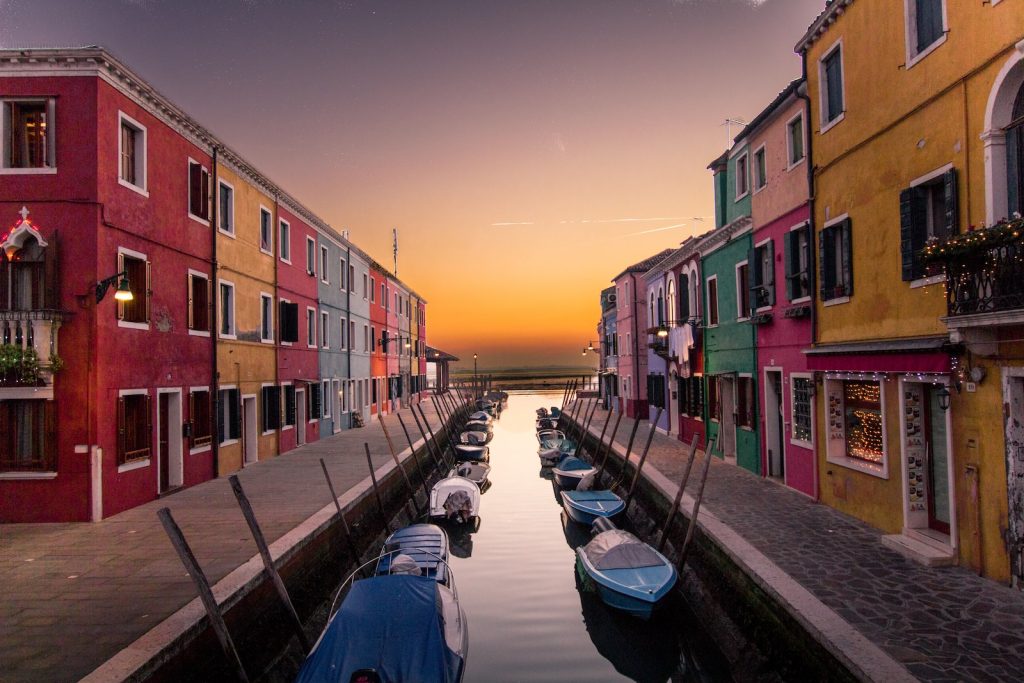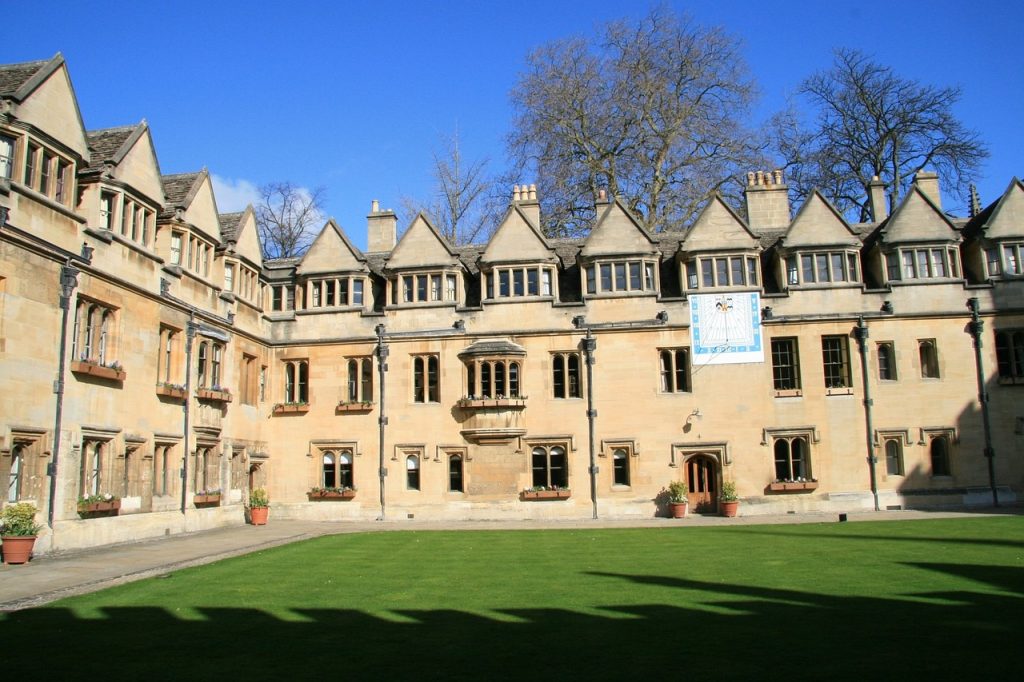Study Abroad

Study in Europe

Introduction
Europe, a continent with an intricate tapestry of history, culture, and innovation, is at the heart of global civilization. Rich in its diversity, Europe houses some of the world’s oldest and most prestigious educational institutions. From the historical alleys of Oxford to the cutting-edge campuses in Scandinavia, Europe offers a broad spectrum of educational experiences. Its renowned universities, emphasis on research and innovation, and the quality of education have for centuries attracted students from around the world.
Lifestyle and Offerings
European lifestyle is a beautiful amalgamation of ancient traditions and modern sensibilities. From enjoying a leisurely coffee in a Parisian café to dancing the night away in Berlin, Europe offers a myriad of experiences. Cities like Rome, Barcelona, and Amsterdam, known for their historical significance and vibrant culture, offer an array of art, music, and culinary experiences. Beyond the cities, Europe’s diverse landscapes, from the Northern Lights in Iceland to the sunny beaches of Greece, ensure there’s something for every taste.

Life for Foreign Students
Europe is incredibly welcoming to international students, with many cities boasting a cosmopolitan vibe and a melting pot of cultures. European educational institutions emphasize student well-being, offering various support services, from academic assistance to health and wellness resources. The Erasmus Programme and various student organizations also provide ample opportunities for foreign students to integrate and experience the European lifestyle.
Quality of Education
Europe is the cradle of many educational philosophies and has a longstanding tradition of academic excellence. The Bologna Process ensures comparability in the standards and quality of higher education qualifications across the continent. European institutions also prioritize research, practical skills, and industry partnerships, ensuring students are equipped for global challenges.
Relation with Nepal
Europe and Nepal have shared cordial relations for decades. In the realm of education, many Nepali students have chosen Europe for their higher studies, enriching the cultural and academic exchange between the two regions. The mutual respect and understanding have led to collaborations in research, development, and other sectors.
General Requirements for Students
To study in Europe, students typically need to fulfill specific academic prerequisites, prove proficiency in the language of instruction (be it English, German, French, or others), and secure the appropriate student visa or permit. Admission processes can also include motivation letters, academic transcripts, and sometimes interviews or entrance exams.
Working Rights for Int. Students
European countries generally allow international students to undertake part-time work alongside their studies, though the exact number of hours and conditions may vary by country. This opportunity helps students not only with finances but also in gaining valuable international work experience.
Post-Study Work and Permanent Visa
After completing their studies, graduates can often extend their stay through post-study work visas, which vary in duration and conditions across European countries. Many countries offer pathways for skilled graduates to transition to work permits or even permanent residency, given the continent’s emphasis on retaining global talent.
